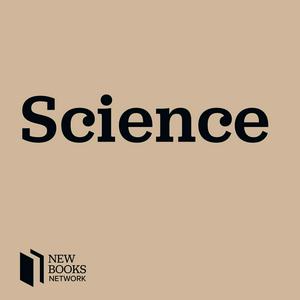Rene Almeling, Lisa Campo-Engelstein, Brian T. Nguyen eds., "Seminal: On Sperm, Health, and Politics" (NYU Press, 2025)
In Seminal: On Sperm, Health, and Politics, Rene Almeling, Lisa Campo-Engelstein, and Brian T. Nguyen come together across disciplines to offer a kaleidoscopic view of the relationship between sperm, health, and the intersecting politics of gender, race, and reproduction. Always insightful and often provocative, the essays in this unprecedented collection cover a broad range of issues related to male reproductive and sexual health—including the latest technological developments for creating sperm; the specter of eugenics in contemporary medical markets; emerging approaches to male contraceptive methods, male infertility, and trans healthcare; controversies surrounding sperm donors and sperm banking; disparities in sexual health education for teens—all the while attending to the enormous variation in how individuals and societies understand, embody, and experience sperm.
At a time when the most basic rights of reproductive autonomy are under severe threat, contributors to this volume argue this is precisely the moment to rethink and reimagine sperm from a variety of medical, political, and cultural perspectives. Ultimately, this volume aims to contribute to a more reproductively just society and broaden conversations around bodies, health and equity in the United States.
Michael O. Johnston, Ph.D. is a Assistant Professor of Sociology at William Penn University. He is the author of The Social Construction of a Cultural Spectacle: Floatzilla (Lexington Books, 2023) and Community Media Representations of Place and Identity at Tug Fest: Reconstructing the Mississippi River (Lexington Books, 2022). His general area of study is at the intersection of space, behavior, and identity. He is currently conducting research about: escape rooms, the use of urban design in downtown historical neighborhoods of rural communities, and a study on belongingness in college and university. To learn more about Michael O. Johnston you can go to his personal website, Google Scholar, Bluesky (@professorjohnst.bsky.social), Twitter (@ProfessorJohnst), or by email (
[email protected])
Learn more about your ad choices. Visit megaphone.fm/adchoices
Support our show by becoming a premium member! https://newbooksnetwork.supportingcast.fm/science


